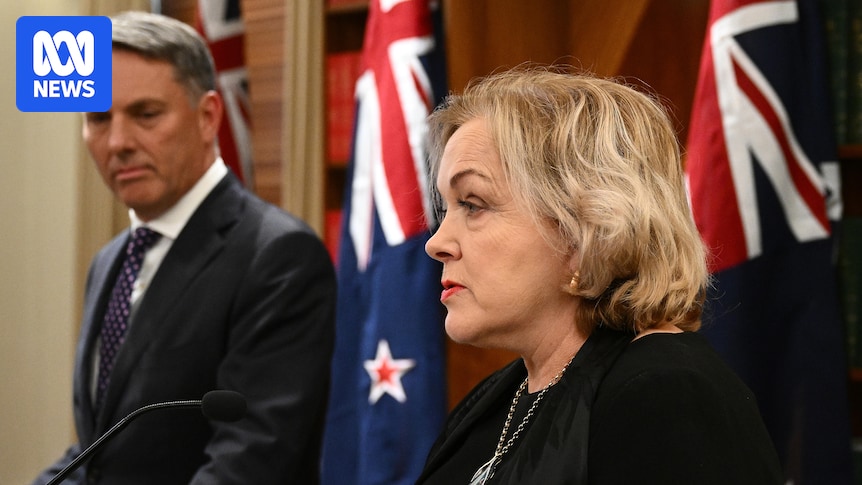
New Zealand’s Defence Minister Judith Collins has expressed support for the Trump administration’s call for allied nations to increase their defence spending. In a candid interview, Collins admitted that both Australia and New Zealand have been “pretty slack” in their military expenditures for decades. Her comments highlight a broader push by the United States for its allies to shoulder more of the defence burden.
Collins noted that American taxpayers have long borne the brunt of global defence costs. Although the United States has not directly pressured New Zealand to increase its military budget, Collins acknowledged the implicit expectations from the Five Eyes intelligence alliance. She expressed a desire to see New Zealand increase its defence spending further, aligning with the strategic interests of its allies.
Australia’s Defence Spending Under Scrutiny
The White House has specifically urged Australia to raise its defence budget by nearly $40 billion annually, as part of a review of the AUKUS nuclear-powered submarine agreement between the two countries. Since the fall of the Berlin Wall in 1989, Collins remarked, nations like Australia, New Zealand, and several in Western Europe have become complacent about military spending.
“People thought, ‘well, there we go, peace is broken out, no one’s going to be stupid’ and then Putin came along and all of a sudden, things changed,” Collins told ABC News in Wellington. She emphasized that while countries have focused on building welfare states, the United States has been left to fund much of the democratic world’s defence.
“Everyone’s been pretty slack and the Americans have been carrying us,” Collins stated. “So, I have a certain sympathy to everyone doing a little bit more.”
Comparative Defence Budgets
Currently, New Zealand allocates about 1% of its GDP to defence, with plans to increase this to 2% within eight years. Collins, a member of New Zealand’s National Party, indicated a willingness to exceed this target when feasible, though she did not specify by how much. In comparison, Australia’s defence spending is about 2% of GDP, projected to rise to 2.3% in the same period. However, due to its larger economy, Australia’s actual expenditure will be significantly higher than New Zealand’s.
Despite these increases, both countries’ spending remains below the 3.5% target advocated by the Trump administration. Australian Prime Minister Anthony Albanese has resisted calls for arbitrary spending targets, maintaining that the government will not be pressured into such commitments.
Geopolitical Tensions in the Indo-Pacific
Collins also addressed concerns over China’s recent activities in the Indo-Pacific region, including live firing drills in the Tasman Sea. These exercises, which forced commercial flights to alter their routes, serve as a stark reminder of China’s proximity and the growing strategic competition in the area.
China’s recent trade agreement with the Cook Islands, particularly in the seabed minerals sector, has raised alarms in Wellington. Collins described the deal as unexpected and a wake-up call for New Zealand, underscoring the region’s rich resources and the competitive interest they attract.
“We have the ninth largest exclusive economic zone in the world with massive resources, particularly on our seabed,” Collins noted. “We are countries with enormous resources and actually not that much in terms of defence compared to what other nations might have.”
Future of AUKUS and Regional Security
While New Zealand and Australia have been enhancing their defence interoperability, New Zealand’s participation in the second phase of the AUKUS security pact remains uncertain. This phase focuses on technology sharing, but New Zealand has not yet been invited to join.
Collins expressed optimism about AUKUS as a peacekeeping opportunity but confirmed that no decisions have reached the cabinet level. The U.S. administration is currently evaluating its commitment to providing Australia with nuclear-powered submarines in collaboration with Britain.
As geopolitical tensions rise, the pressure on New Zealand and Australia to increase their defence spending is likely to continue. The region’s strategic importance and resource wealth make it a focal point for international interest, necessitating a reassessment of defence priorities.







